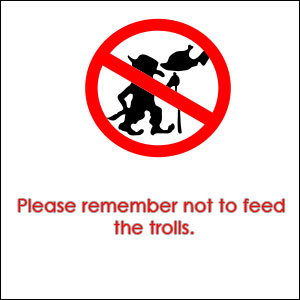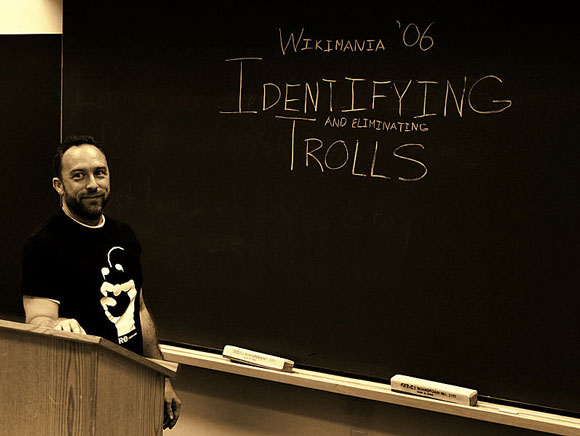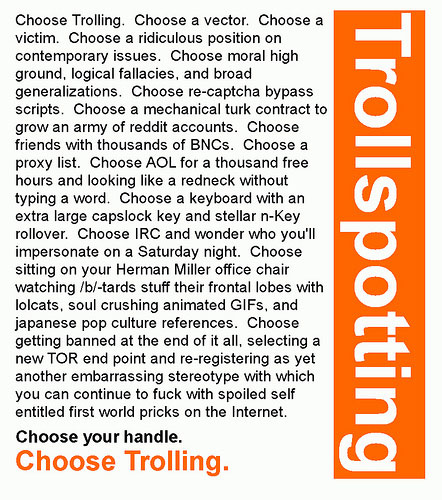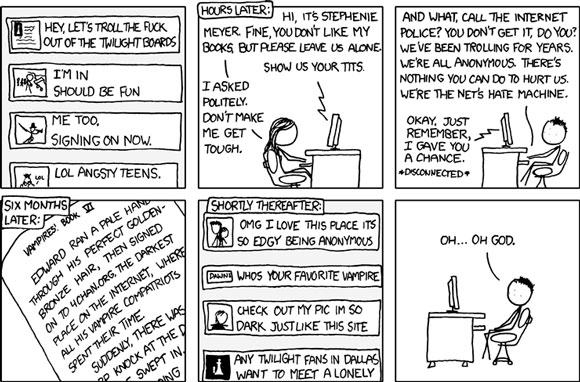Clock
Active Member
[h=3]8 Ways to tell a Conspiracy Theorist is really a Fraud[/h](From The Soap Box)
As I have been observing conspiracy theories, and by extension, conspiracy theorists themselves. From my observations I've noticed that some of them may not be entirely truthful in what they believe, and that some of them may be out right frauds.
Here are eight ways to tell if a conspiracy theorist is a fraud:
1. Constant self promoter
It's one thing for a conspiracy theorist to promote the conspiracy theories they believe in, it's quite another for a conspiracy theorist to constantly promote their own materials and media concerning conspiracy theories they allegedly believe in.
The fact is, is that some people do make money off of promoting conspiracy theories, and some fraud conspiracy theorists do realize they can make lots of money creating and pedaling books and videos about conspiracy theories.
2. Tells people to ignore facts
While most legit conspiracy theorists will usually ask a person to examine all of the facts before asking you to conclude that they are right, a fraud conspiracy theorist will tell you to ignore any facts other then the "facts" that they present. Some even go so far as to call real facts disinformation. This is done as a way to discourage people from actually examining real facts, and by doing this a person might stop believing a certain conspiracy theory, and thus stop believe the fraud conspiracy theorist.
3. Constantly making up stuff
A fraud conspiracy theorist constantly makes up stuff, and then discards certain "information" when no one believes it any more, or no one really cares about it any more.
One of the main reasons this is done is because it keeps people coming back, wanting "new" information.
4. Claims to be withholding information until a later date
Many fraud conspiracy theorists claim they have "secret information" that they claim they are withholding until a later date. Most of the times this "information" isn't even revealed at all, or the "information" that is revealed is actually false and made up, and sometimes not even new at all, just reworded.
5. Presents known fraud media as real
Some fraud conspiracy theorists will take documents, photos, and videos that are known to be fraudulent, some that were even created as a hoax in which to point out how gullible some conspiracy theorists are, and present such media as real and legit. Sometimes a fraud conspiracy theorist will even create the fraud media themselves.
6. Claims persecution, but presents no evidence
Many fraud conspiracy theorists claim they are being persecuted, but present no evidence what so ever that they are being persecuted, whether it be official legal documents, photos or videos showing they a being persecuted, or other credible eye witness backing up the claims of persecution.
7. Lying about credentials
Fraud conspiracy theorists will often times lie about their credentials, such as lying about military service, or about their education, or their expertise. This is done in order to make it seem that they know what they are talking about when they are discussing a conspiracy theory, and in hopes that the conspiracy theory they promote will seem more valid.
8. Unable to pass a lie detector test
One of the most likely ways to tell if a conspiracy theorist is a fraud is that they are unable to pass a lie detector test concerning the conspiracy theories that they promote, or they are unwilling to take a lie detector test concerning the "information" they present, or concerning whether or not they believe in what are promoting in the first place.
http://thesoapboxrantings.blogspot.ca/2012/07/8-ways-to-tell-conspiracy-theorist-is.html
As I have been observing conspiracy theories, and by extension, conspiracy theorists themselves. From my observations I've noticed that some of them may not be entirely truthful in what they believe, and that some of them may be out right frauds.
Here are eight ways to tell if a conspiracy theorist is a fraud:
1. Constant self promoter
It's one thing for a conspiracy theorist to promote the conspiracy theories they believe in, it's quite another for a conspiracy theorist to constantly promote their own materials and media concerning conspiracy theories they allegedly believe in.
The fact is, is that some people do make money off of promoting conspiracy theories, and some fraud conspiracy theorists do realize they can make lots of money creating and pedaling books and videos about conspiracy theories.
2. Tells people to ignore facts
While most legit conspiracy theorists will usually ask a person to examine all of the facts before asking you to conclude that they are right, a fraud conspiracy theorist will tell you to ignore any facts other then the "facts" that they present. Some even go so far as to call real facts disinformation. This is done as a way to discourage people from actually examining real facts, and by doing this a person might stop believing a certain conspiracy theory, and thus stop believe the fraud conspiracy theorist.
3. Constantly making up stuff
A fraud conspiracy theorist constantly makes up stuff, and then discards certain "information" when no one believes it any more, or no one really cares about it any more.
One of the main reasons this is done is because it keeps people coming back, wanting "new" information.
4. Claims to be withholding information until a later date
Many fraud conspiracy theorists claim they have "secret information" that they claim they are withholding until a later date. Most of the times this "information" isn't even revealed at all, or the "information" that is revealed is actually false and made up, and sometimes not even new at all, just reworded.
5. Presents known fraud media as real
Some fraud conspiracy theorists will take documents, photos, and videos that are known to be fraudulent, some that were even created as a hoax in which to point out how gullible some conspiracy theorists are, and present such media as real and legit. Sometimes a fraud conspiracy theorist will even create the fraud media themselves.
6. Claims persecution, but presents no evidence
Many fraud conspiracy theorists claim they are being persecuted, but present no evidence what so ever that they are being persecuted, whether it be official legal documents, photos or videos showing they a being persecuted, or other credible eye witness backing up the claims of persecution.
7. Lying about credentials
Fraud conspiracy theorists will often times lie about their credentials, such as lying about military service, or about their education, or their expertise. This is done in order to make it seem that they know what they are talking about when they are discussing a conspiracy theory, and in hopes that the conspiracy theory they promote will seem more valid.
8. Unable to pass a lie detector test
One of the most likely ways to tell if a conspiracy theorist is a fraud is that they are unable to pass a lie detector test concerning the conspiracy theories that they promote, or they are unwilling to take a lie detector test concerning the "information" they present, or concerning whether or not they believe in what are promoting in the first place.
http://thesoapboxrantings.blogspot.ca/2012/07/8-ways-to-tell-conspiracy-theorist-is.html




